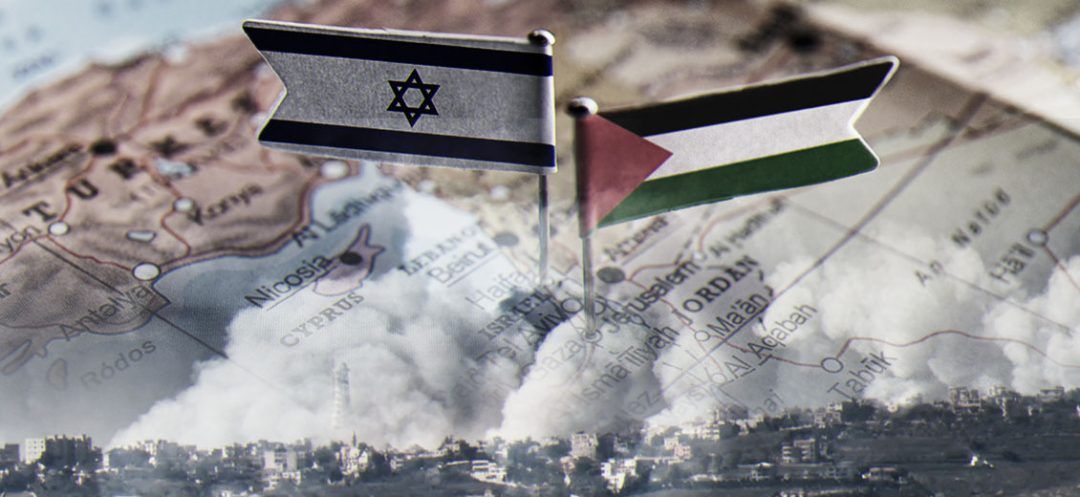- Home
- War in the Middle East
- Open War in Lebanon Hinges on Gaza and Tel Aviv

During closed-door discussions with international envoys, notably American and French officials, caretaker Prime Minister Najib Mikati clearly conveyed his inability to stop the conflict in the south or de-escalate the mounting tensions. He emphasized that his efforts are limited to relaying messages to Hezbollah and urging restraint. However, the only reply he continues to receive is that the war in Lebanon will continue as long as the conflict in Gaza persists.
In this regard, the Lebanese government, entrusted with safeguarding national stability, has not declared war on Israel. However, it has also refrained from explicitly asking Hezbollah to halt its attacks. Mikati is well aware that such a request would provoke a fierce backlash from the so-called “resistance” groups and could lead to the collapse of his government due to a potential boycott by Amal and Hezbollah ministers.
Mikati’s position does not imply that he expects to avoid criticism from Hezbollah's opponents. Instead, he seems prepared to endure this criticism, as it remains largely rhetorical and does not pose an immediate threat of action from the Shiite group against him and his government if he were to request a ceasefire.
Furthermore, a diplomat involved in talks with Mikati stated that Lebanon's current crisis surpasses Hezbollah's influence. As it stands, the decision to end the conflict is not primarily tied to Hezbollah but rather to the actions of Hamas and its chief, Yehya Sinwar. Thus, the resolution of the conflict depends on Sinwar, whose influence now stretches from Gaza to Beirut, Damascus, Baghdad, Sana’a, and Tehran.
The diplomat also pointed out that, aside from Sinwar's influence, the situation in Lebanon is closely tied to Israel's position. Lebanese officials have been informed by international envoys that resolving the Gaza conflict does not guarantee peace in southern Lebanon. Israel is determined to prevent the situation in southern Lebanon from reverting to its pre-October 8 status. The only guarantee for ending the conflict in this region is a clear Lebanese commitment to implementing UN Resolution 1701 through a political agreement. Without such a commitment, the envoys warned that Israel may resort to military action to alter the current dynamics.
The central issue is that the Lebanese authorities lack control over the situation for two main reasons: fear and the fact that key decision-making lies outside Lebanon. Driven by this fear, these authorities are leading Lebanon and its people into an undesirable situation, simply to evade the personal and political repercussions of a historic and honorable decision they could make.
Read more




Comments